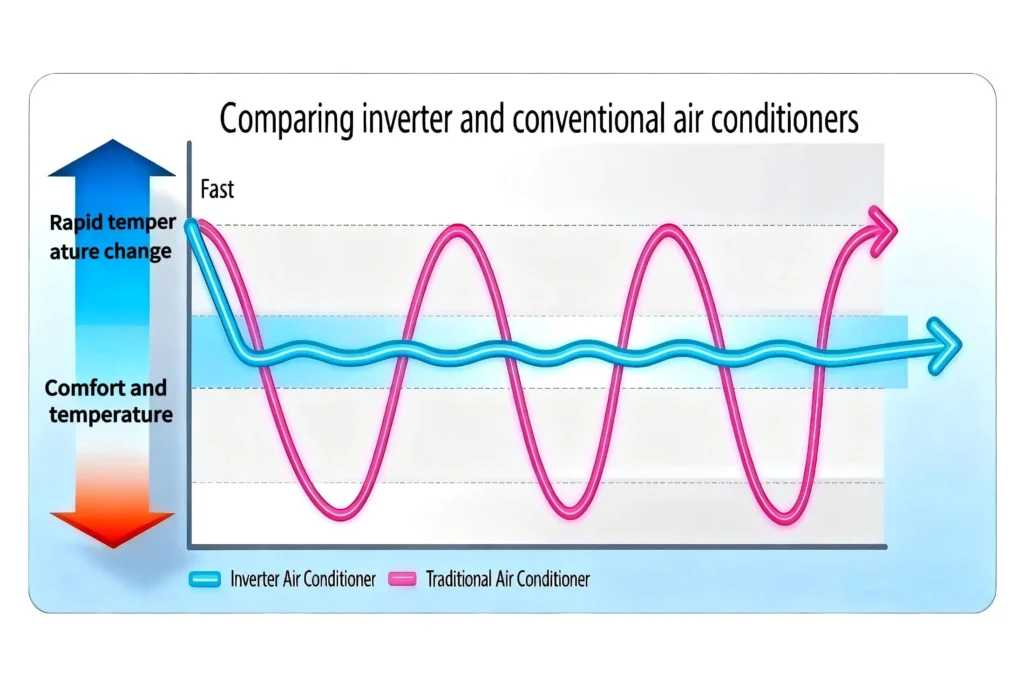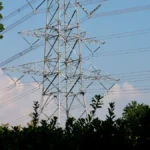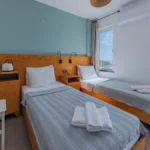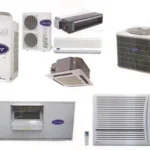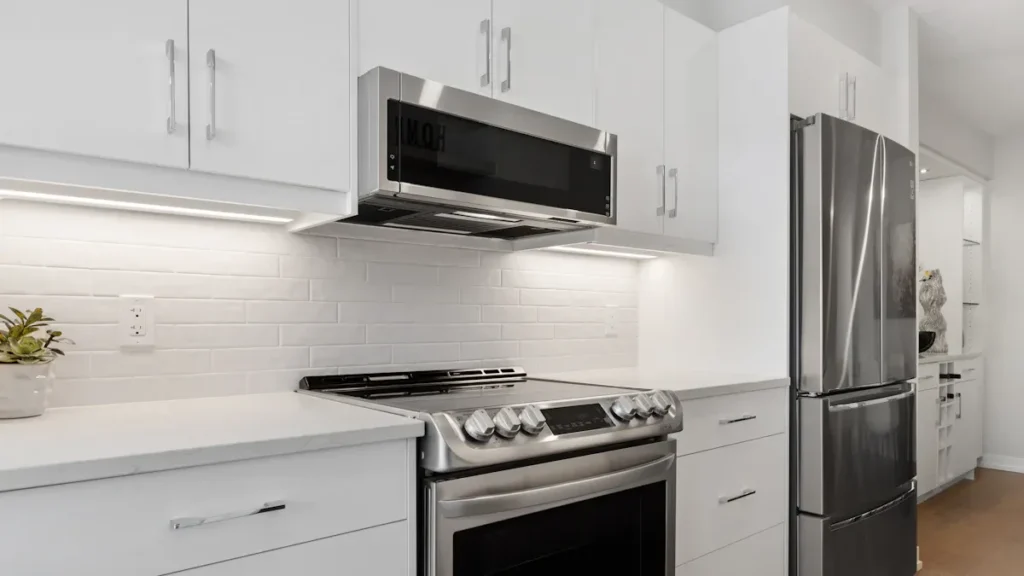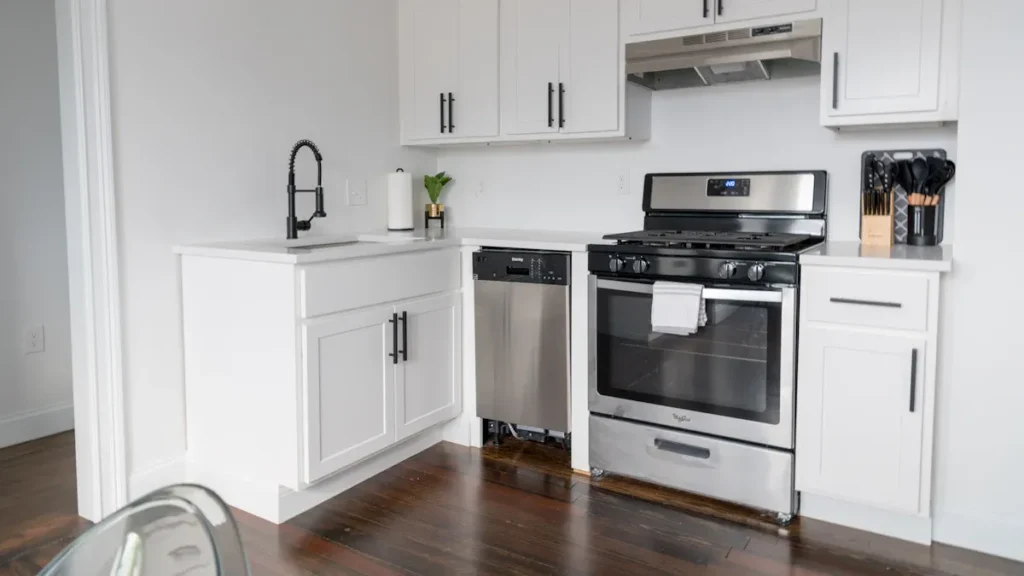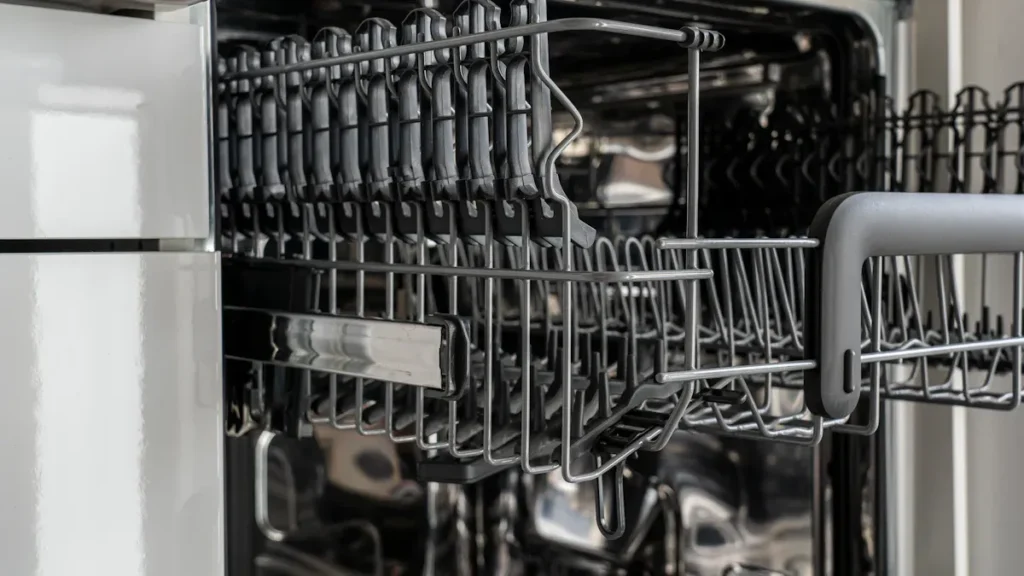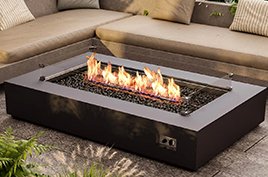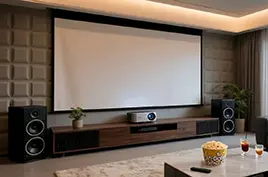When it comes to buying a new air conditioning system, many homeowners find themselves deciding between a single stage air conditioner and a two stage air conditioner. Both options are designed to keep your home cool, but they operate differently, offer distinct advantages, and vary in cost and efficiency. Understanding these differences will help you make an informed choice that matches your comfort needs and budget.
What Is a Single Stage Air Conditioner?
A single stage air conditioner is the simplest type of cooling system. It operates with one mode only: full capacity. Whenever your thermostat calls for cooling, the unit turns on and runs at 100% power until the set temperature is reached, then shuts off completely.
This straightforward design makes single stage ACs popular for budget-conscious buyers and those living in smaller homes or mild climates.
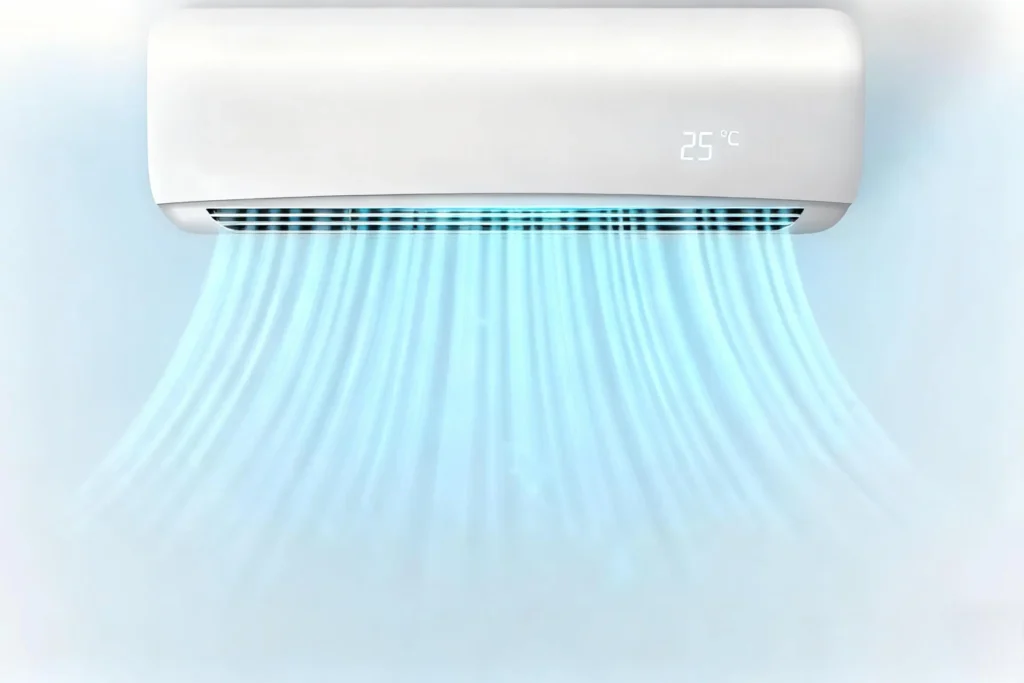
Pros and Cons of a Single Stage Air Conditioner
Pros:
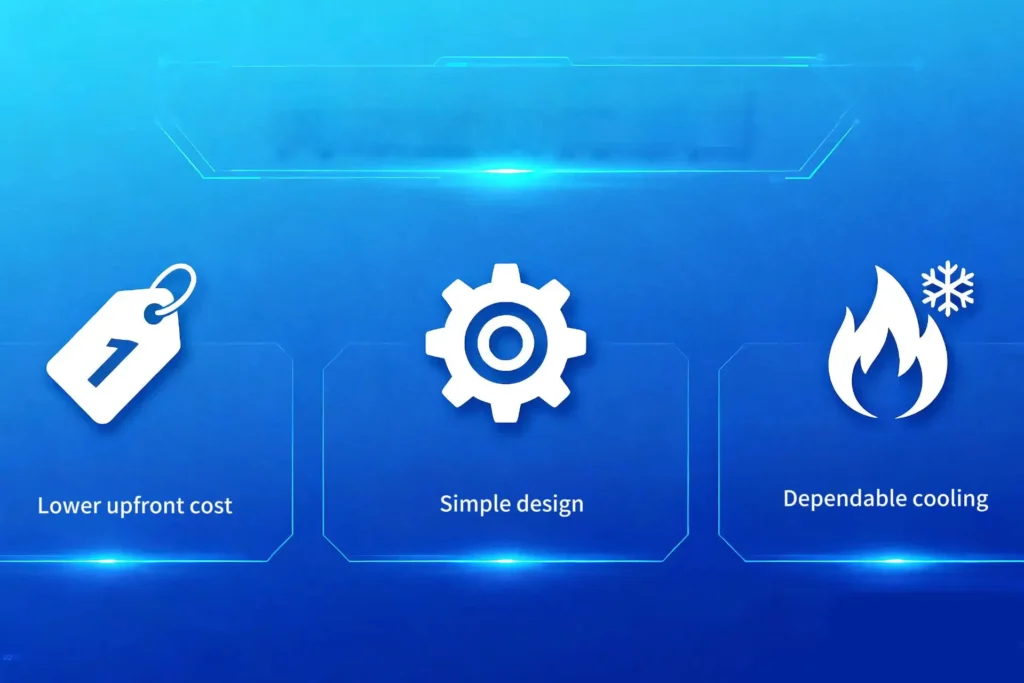
- Lower upfront cost – Typically the most affordable choice on the market.
- Simple design – Fewer components mean easier maintenance.
- Dependable cooling – Provides strong cooling when needed.
Cons:

- Lower energy efficiency – Always runs at maximum power, even for small adjustments.
- Temperature swings – Can cause noticeable hot and cold fluctuations indoors.
- Higher long-term bills – Frequent full-power cycles consume more electricity.
What Is a Two Stage Air Conditioner?
A two stage air conditioner has a more advanced compressor design, allowing it to run at two levels of capacity: low (around 60–70%) and high (100%). On most days, it runs at low capacity, which is enough to maintain indoor comfort. On especially hot days, it switches to high capacity for maximum cooling power.
This ability to adjust output makes two stage air conditioners more energy-efficient and better at maintaining consistent comfort.
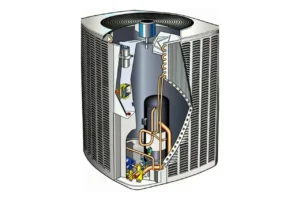
Pros and Cons of a Two Stage Air Conditioner
Pros:

- Greater energy efficiency – Longer, lower-capacity cycles consume less power.
- Consistent indoor comfort – Fewer temperature swings compared to single stage units.
- Better humidity control – Extended cooling cycles remove more moisture from the air.
- Quieter operation – Runs more smoothly and with less noise.
- Longer lifespan potential – Less frequent full-power cycling reduces wear.
Cons:

- Higher initial investment – More expensive than single stage systems.
- Complexity – Requires professional installation and maintenance.
Single Stage vs Two Stage Air Conditioner
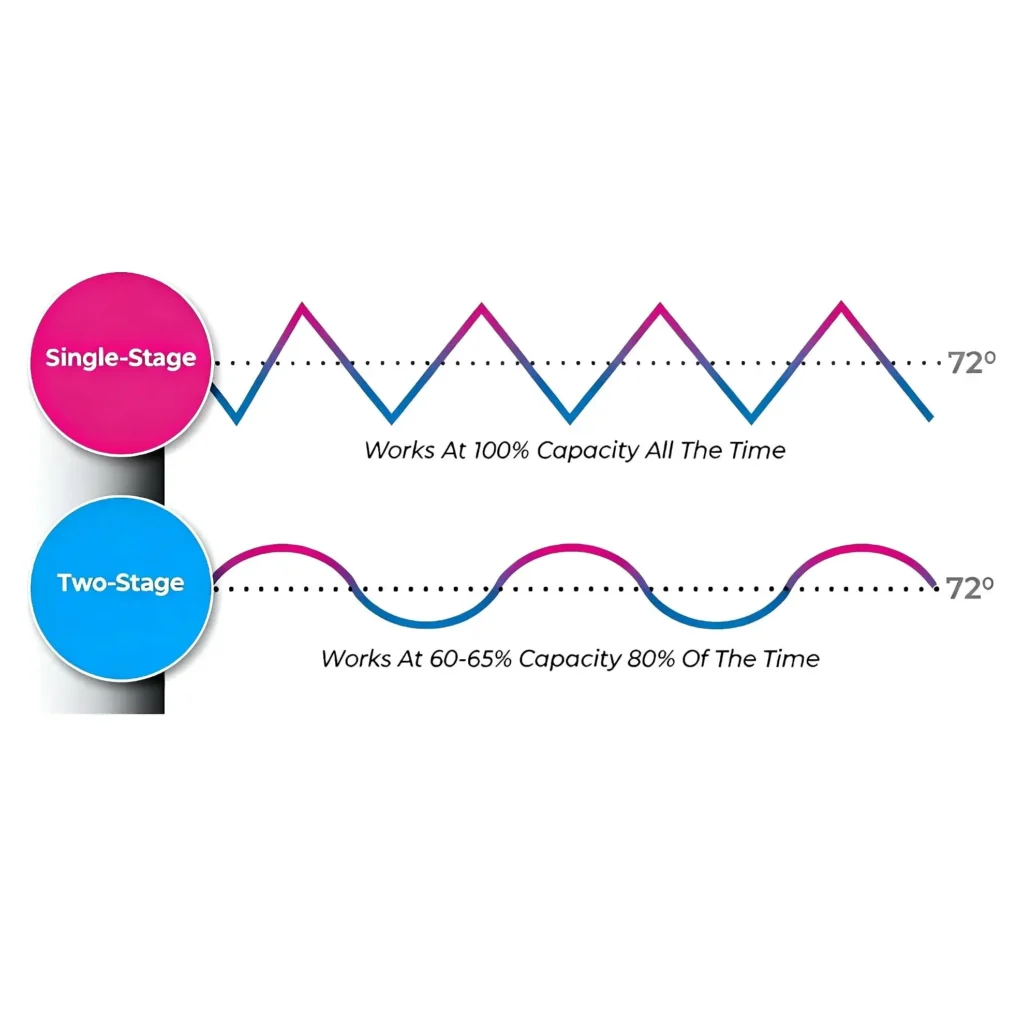
Energy Efficiency
When comparing energy efficiency, the two stage system clearly comes out ahead. Single stage air conditioners cycle on and off more frequently, which consumes more electricity and puts extra strain on components. In contrast, two stage systems often run longer at lower power, reducing wasted energy and helping you save on utility bills over time.
Comfort and Humidity Control
Comfort isn’t just about temperature—it’s also about how steady and consistent the cooling feels. Single stage air conditioners can create uneven climates, with rooms feeling cool one moment and slightly warmer the next.
Two stage air conditioners excel here: by running longer at lower speeds, they maintain a steady indoor temperature and remove more humidity. This is especially important in regions with hot and humid summers, where moisture control is just as crucial as cooling.
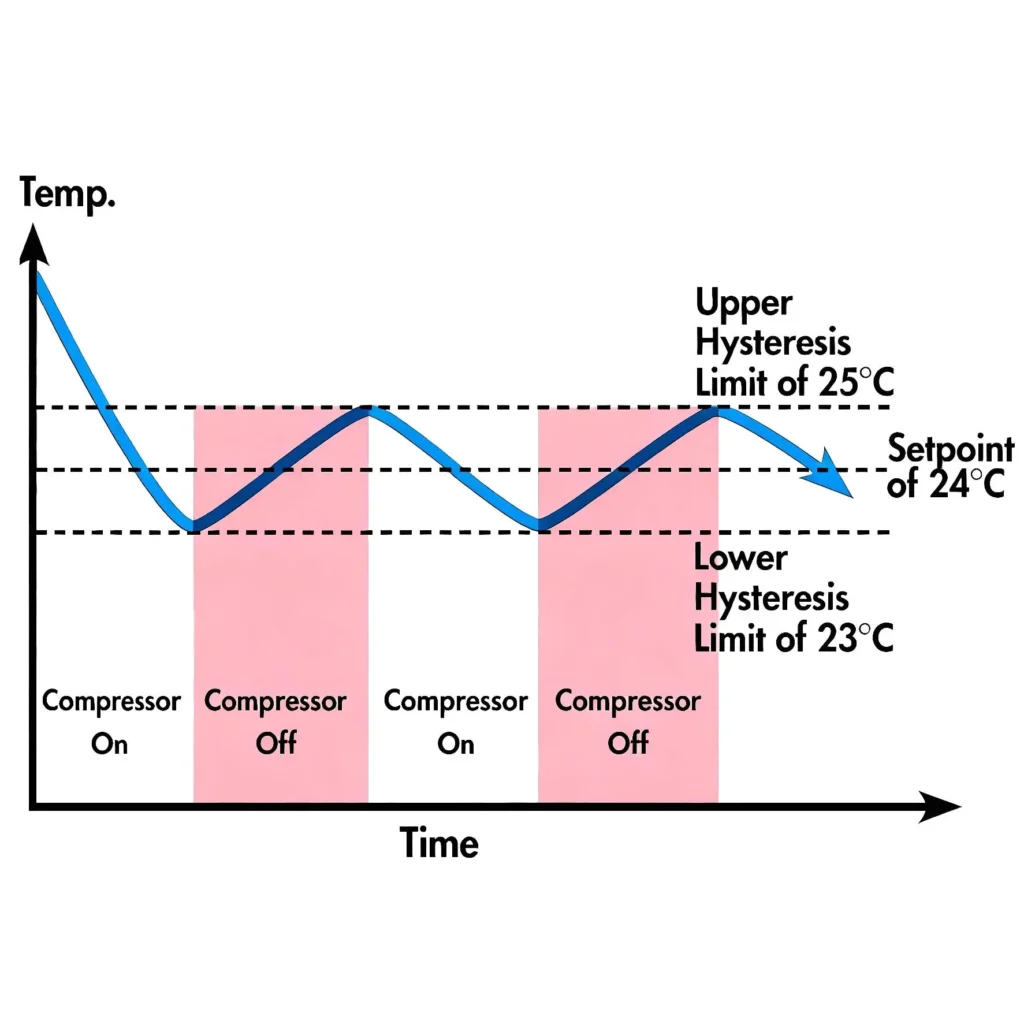

Cost Comparison: Upfront vs Long-Term
- Single Stage AC: Lowest initial cost, but higher monthly energy bills over time. Ideal for those who want immediate savings or plan to move soon.
- Two Stage AC: Higher upfront investment, but lower operating costs and long-term comfort benefits. Best for homeowners planning to stay in their home for many years.
When evaluating single stage vs two stage air conditioner, consider not just the purchase price but also long-term savings and overall comfort.
Choosing the Best Air Conditioner: Efficiency, Cost, and Comfort
Here’s how to decide:
- If you prioritize lower upfront cost and have modest cooling needs, a single stage air conditioner can be sufficient.
- If you value energy efficiency, quieter operation, and consistent comfort, a two stage air conditioner is the smarter choice.
Think about your local climate, how long you plan to stay in your home, and whether long-term savings are worth the upfront investment.
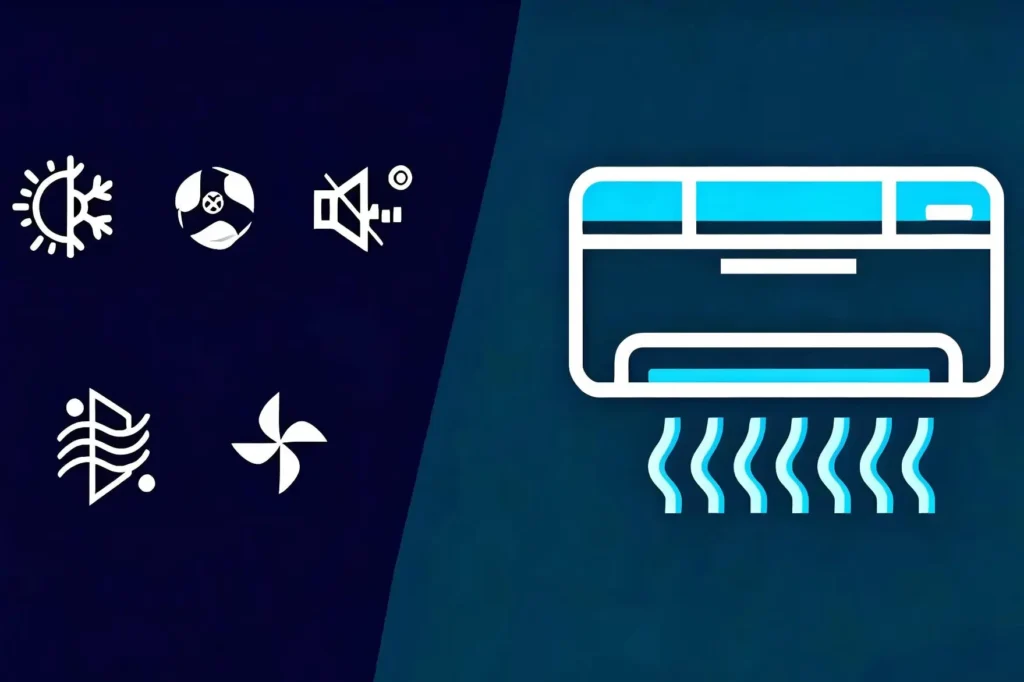
Conclusion
Both single stage and two stage air conditioners can keep your home cool, but they serve different priorities. A single stage air conditioner offers simplicity and lower cost, while a two stage air conditioner delivers higher efficiency, better humidity control, and greater comfort.
By carefully weighing single stage vs two stage air conditioner benefits in terms of efficiency, cost, and comfort, you can choose the system that best fits your needs and enjoy reliable cooling for years to come.
